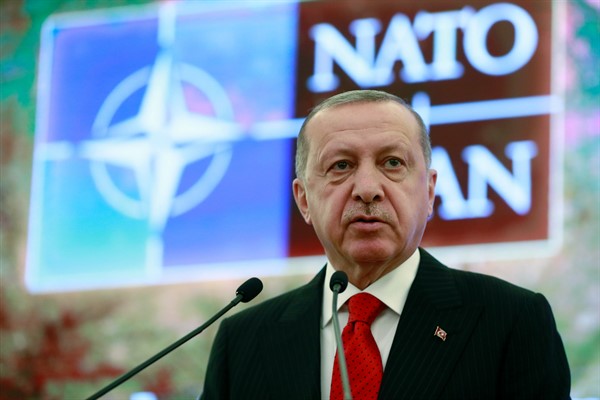In response to strong bipartisan pressure from Congress, the U.S. State Department imposed sanctions on Turkey earlier this month to punish it for purchasing a sophisticated anti-aircraft missile system from Russia in 2019. The narrowly targeted sanctions include a ban on export licenses for Turkey’s main military procurement agency, as well as asset freezes and visa restrictions on senior officials at the organization. Not surprisingly, Turkey, a major NATO ally, called the move a “grave mistake” and threatened to retaliate.
The yearslong fracas over Turkey’s purchase of the S-400 missile defense system, reportedly for around $2.5 billion, will go down in the annals of diplomacy as one of the most unnecessary, avoidable and bizarre episodes in modern history. Yet, as perplexing as the case may be, there appears to be no off-ramp to a dispute that is doing untold damage to Turkey’s relations with the U.S. and other NATO allies, as well as to the Turkish leadership’s pride and to the Turkish military. The only winner is Russian President Vladimir Putin, who is not just laughing all the way to the bank, but is also enjoying the sight of Ankara and Washington falling out over yet another item on a long list of disagreements.
Turkish President Recep Tayyip Erdogan first decided to purchase the S-400 in 2017, after claiming that Washington refused to sell its own Patriot missiles on conditions that were acceptable to the Turks, particularly Ankara’s demand for technology transfer and co-production agreements. The U.S. and NATO were quick to point out that the S-400 system was not only incompatible with NATO’s defense infrastructure, but that it would compromise the advanced American F-35 fighter jets that Turkey was planning to purchase in order to upgrade its aging fleet of F-16s. U.S. and NATO officials feared that a Russian anti-aircraft battery and radar system in Turkey would compromise the F-35’s secrets, especially its unique stealth capabilities.

